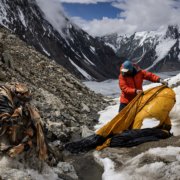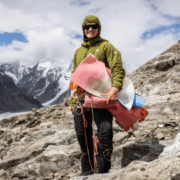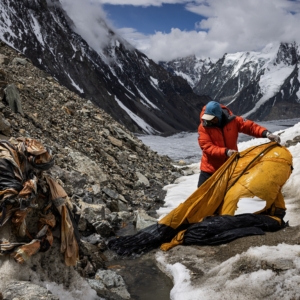Photos by Terray Sylvester
Madison Mountaineering Foundation
The Madison Mountaineering Foundation supports direct action to remove waste and restore the environment in high-altitude climbing destinations worldwide.
Through conservation initiatives we strive to unite climbers with local partners in a shared vision of a sustainable future for the alpine communities and ecosystems we cherish.
Join us to support the planet’s precious mountain environments and the communities that rely on them!
Prior Projects:
- Gokyo Ri / Lobuche / Island Peak Environmental Restoration Expedition, Fall 2025
- Total Trash Collected: 77.5 kg / 170 lbs
- Staff & Climber Volunteers: 7
- Environmental Restoration in the K2 Region of Pakistan, Summer 2025
- Total Trash Collected: 274.7 kg / 605.6 lbs
- Staff & Climber Volunteers: 25
- Annapurna 1 and Lhotse, Spring 2024*
- Total Trash Collected: 1,000 kg / 2,200 lbs
- Staff & Climber Volunteers: 26
- Khumbu 6000m Peaks, Fall 2023*
- Total Trash Collected: 910 kg / 2,002 lbs
- Staff & Climber Volunteers: 26
*Annapurna 1, Lhotse and Khumbu 6000m Peaks projects were untaken prior to the 501c3 designation of the Madison Mountaineering Foundation; work was coordinated in logistics and effort by Madison Mountaineering, adjunct to the guide service under generous funding of client/sponsors.

Madison Mountaineering is a corporate partner of Leave No Trace.
All expeditions adhere to Leave No Trace principles.
As a registered 501(c)(3) organization, EIN 33-2736601, we adhere to the highest standards of transparency and accountability.
Reach out with any questions to: Foundation@madisonmountaineering.com
Scope of the Problem
Since the first ascent of Mount Everest in 1953, an estimated 50+ tons of trash have been left on the mountain. Waste includes empty oxygen cylinders, food packaging, tents, ropes, broken ladders and fuel containers.
On average, each high-altitude climber in the Himalayas generates over 25 pounds of waste per expedition. With over 6,000 summits and hundreds of expeditions since the 1990s, the accumulation of discarded gear and trash has become a serious concern.
Local groups like Nepal’s Sagarmatha Pollution Control Committee manage waste at Everest Base Camp and trekking routes, but the problem worsens higher up.
Despite stricter regulations and ongoing cleanup missions, new trash continues to appear each climbing season. Sustained cleanup efforts and a stronger emphasis on responsible expedition practices are now more critical than ever.
Why It Matters:
- Environmental Impact: Everest’s high-altitude ecosystem is fragile. Waste doesn’t biodegrade easily and pollutes snow, ice, and nearby water sources.
- Health Risks: Trash and human waste can contaminate water used by climbers and local communities.
- Climate Concerns: Melting glaciers are revealing decades-old garbage, increasing the risk of chemical exposure.
- Cultural Responsibility: Everest is a sacred site for many; preserving its integrity honors local traditions and global heritage.
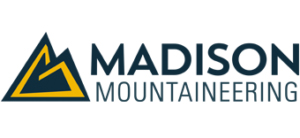

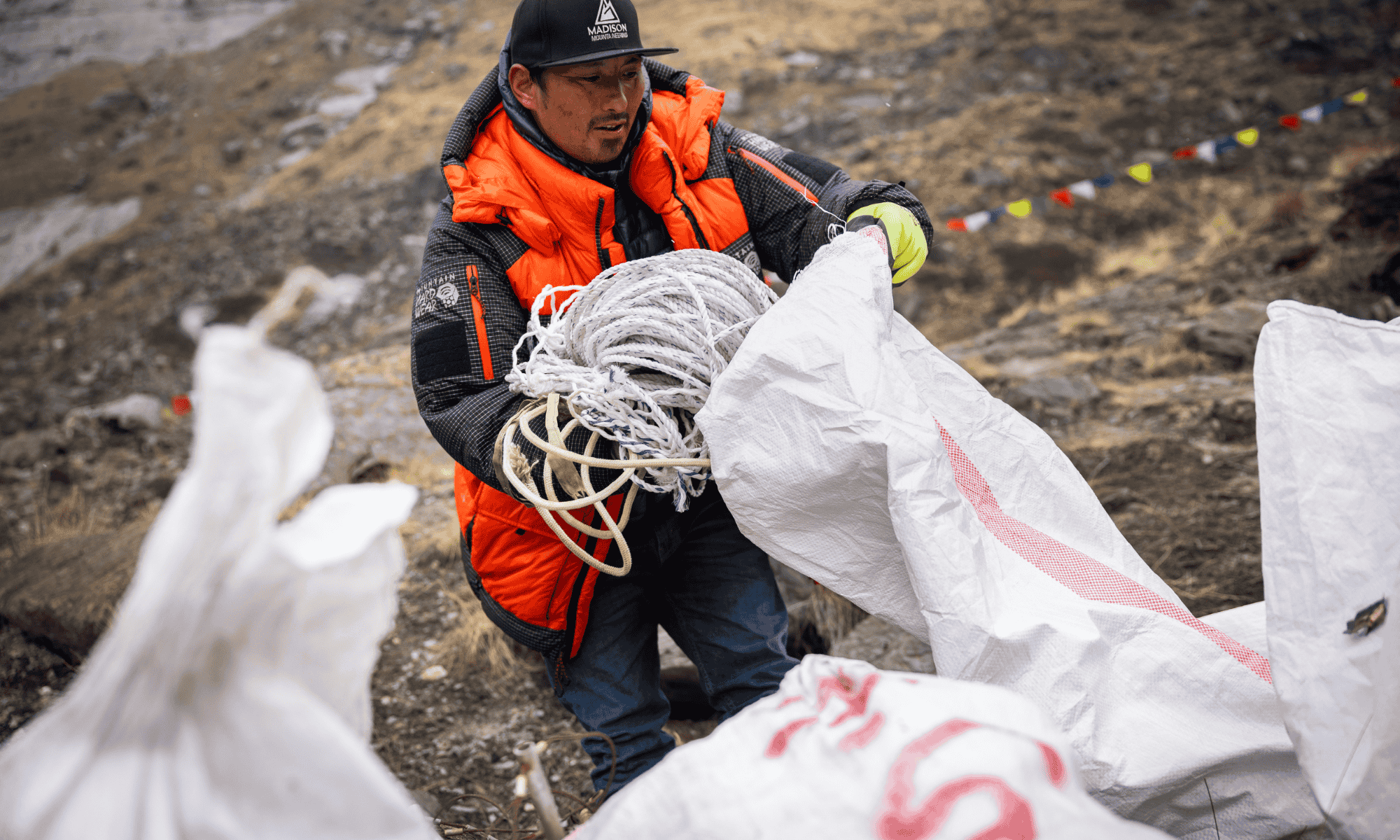

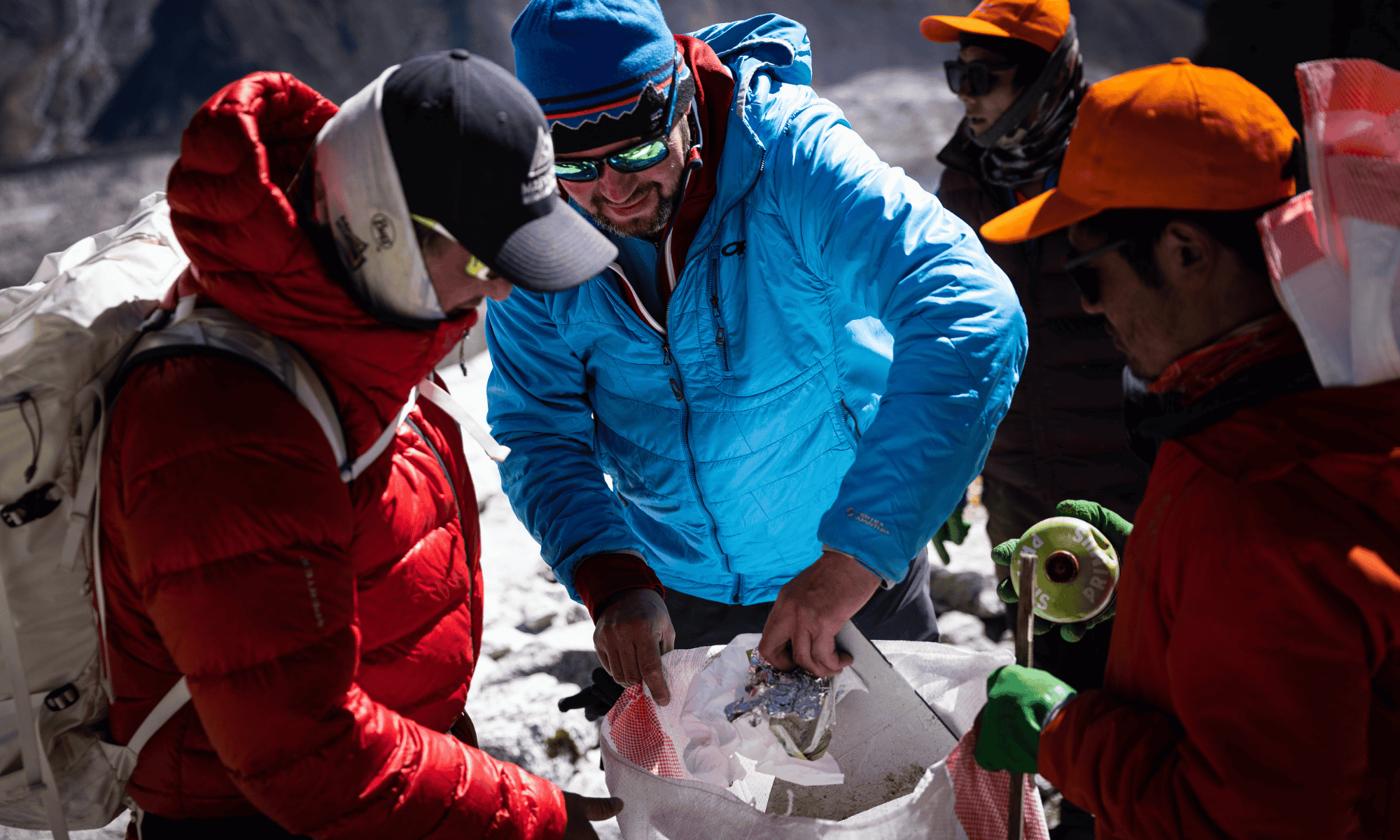

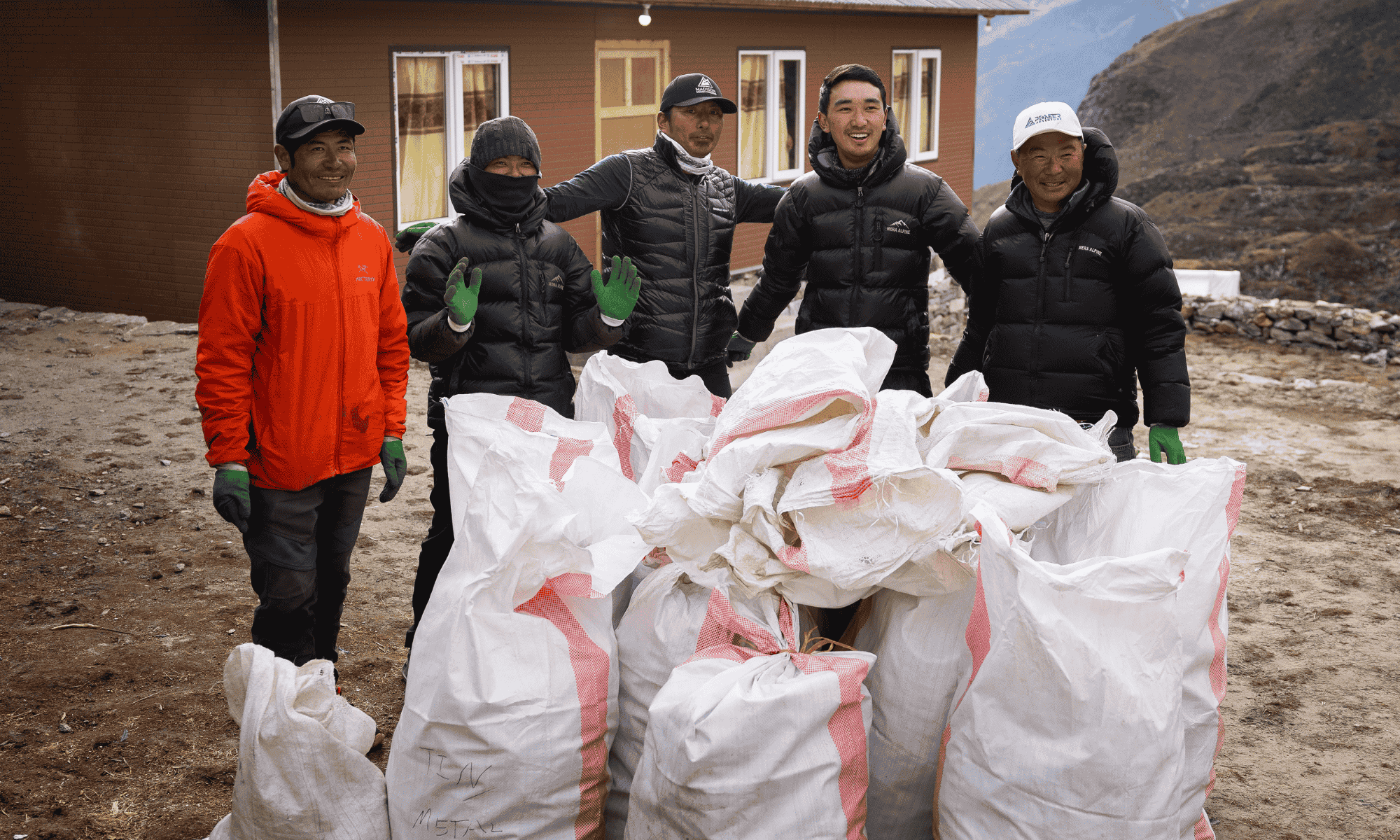

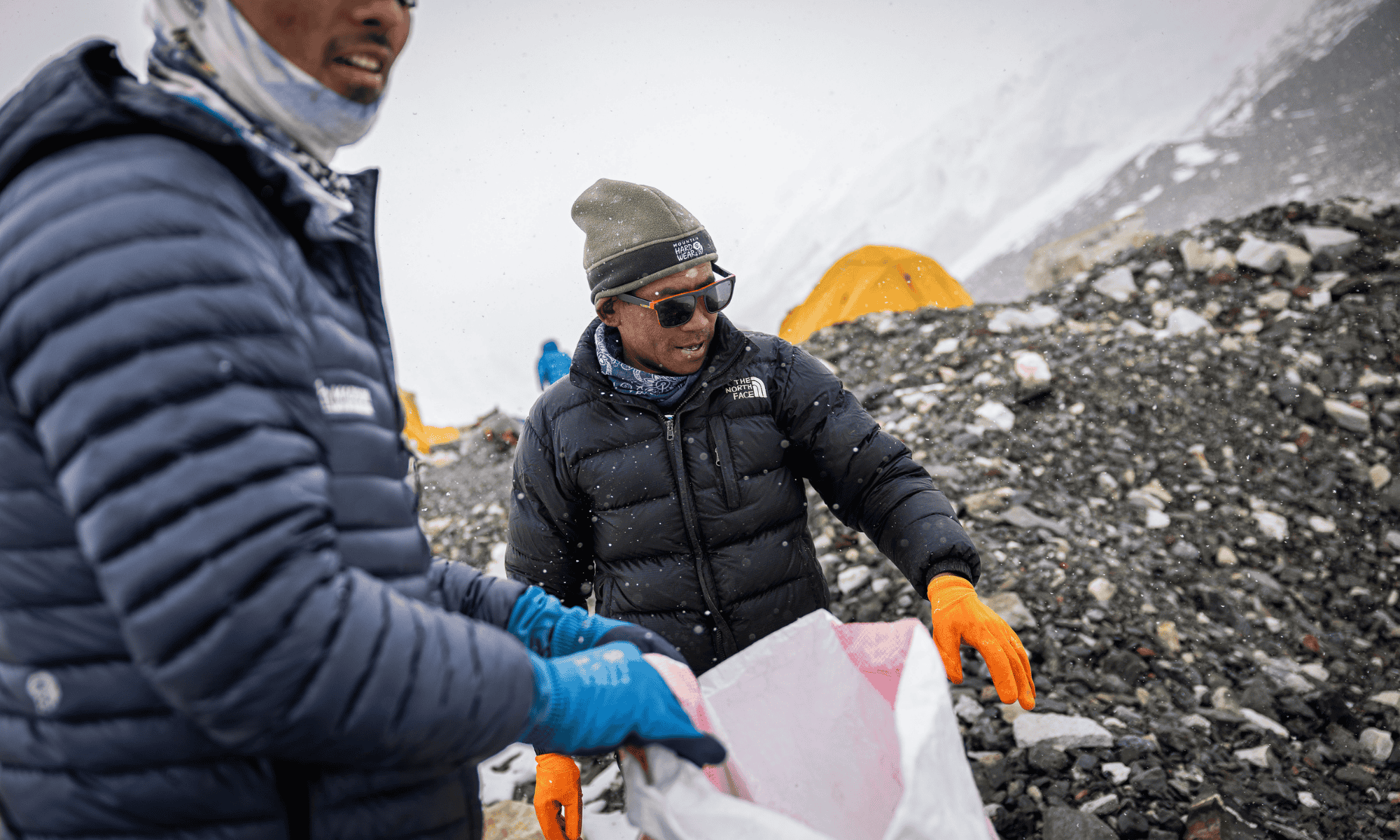
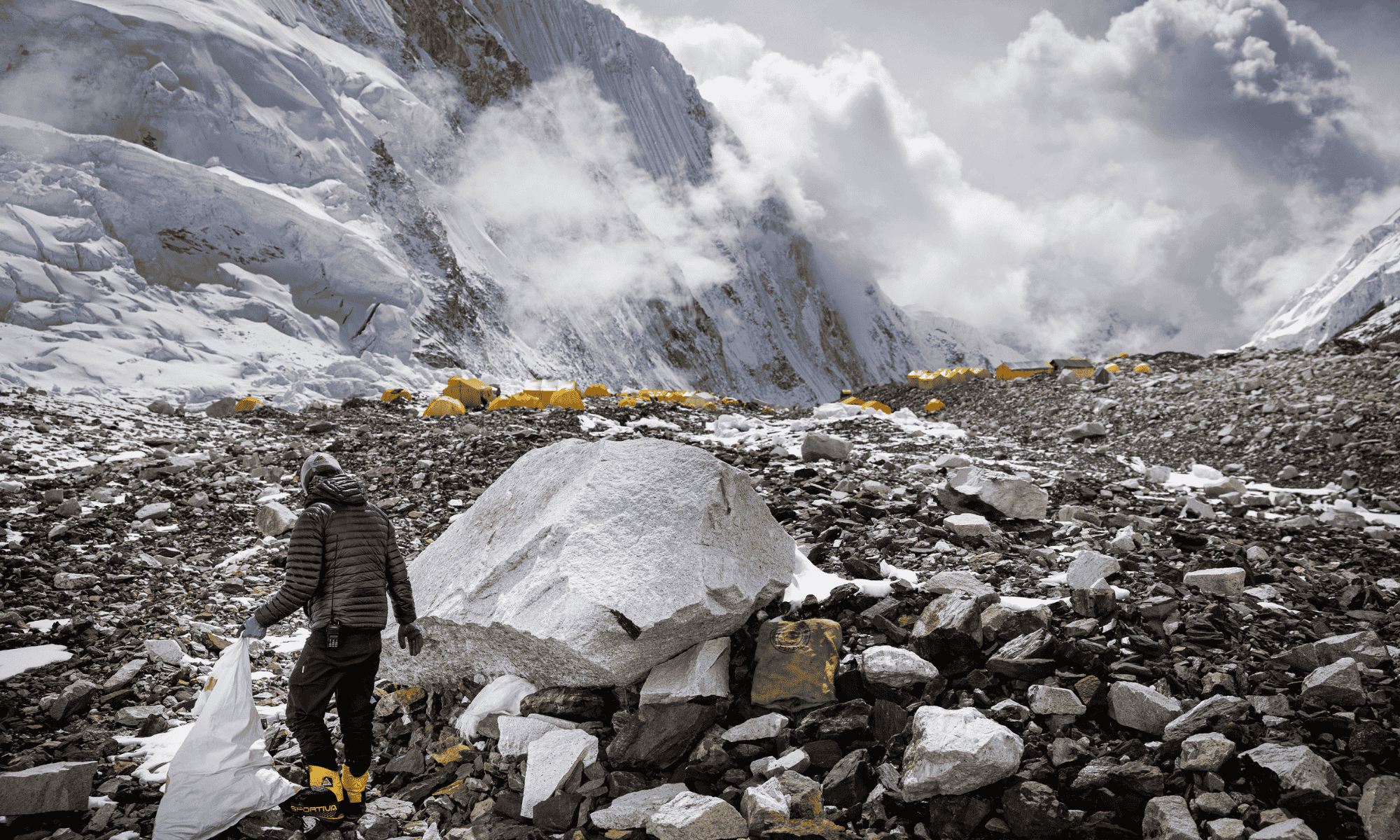
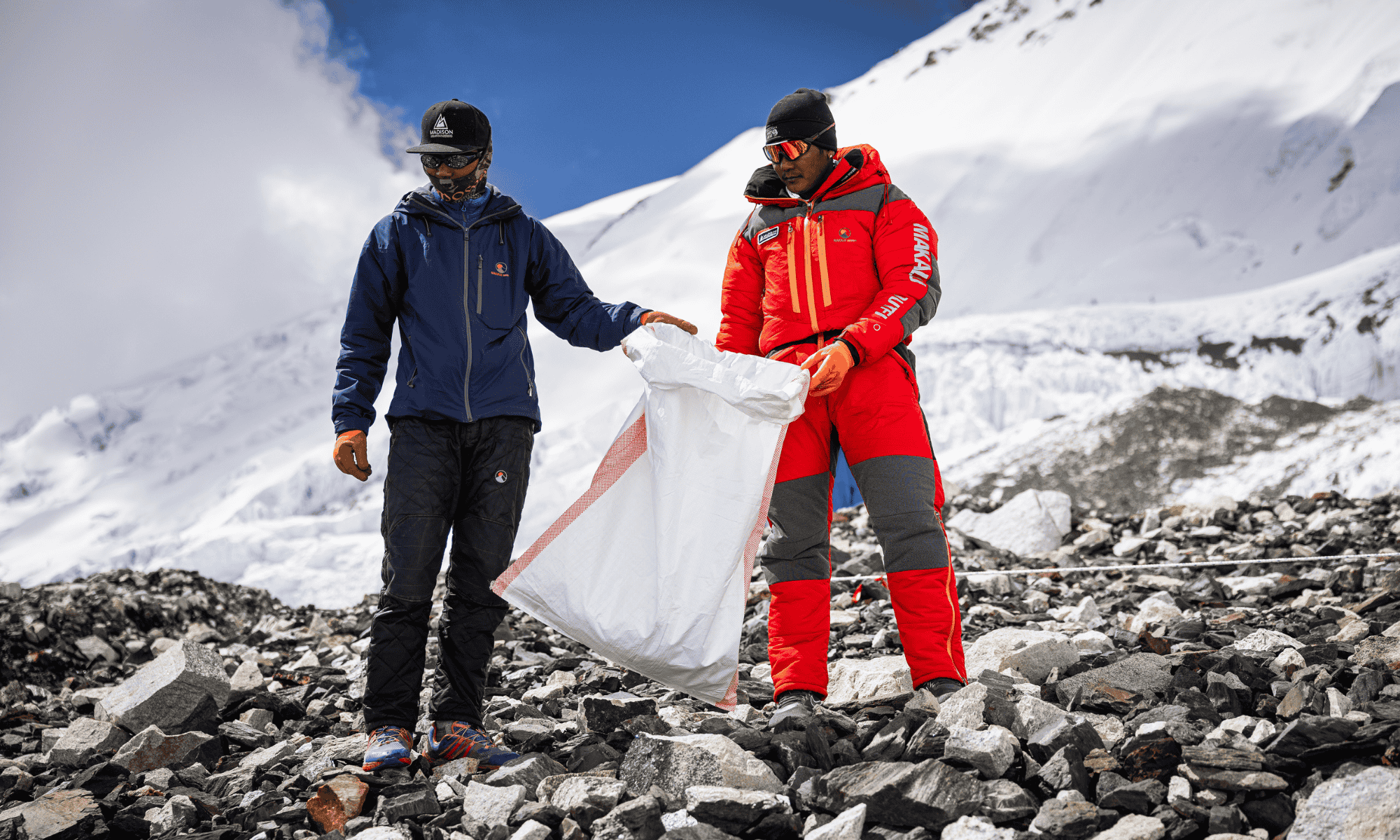
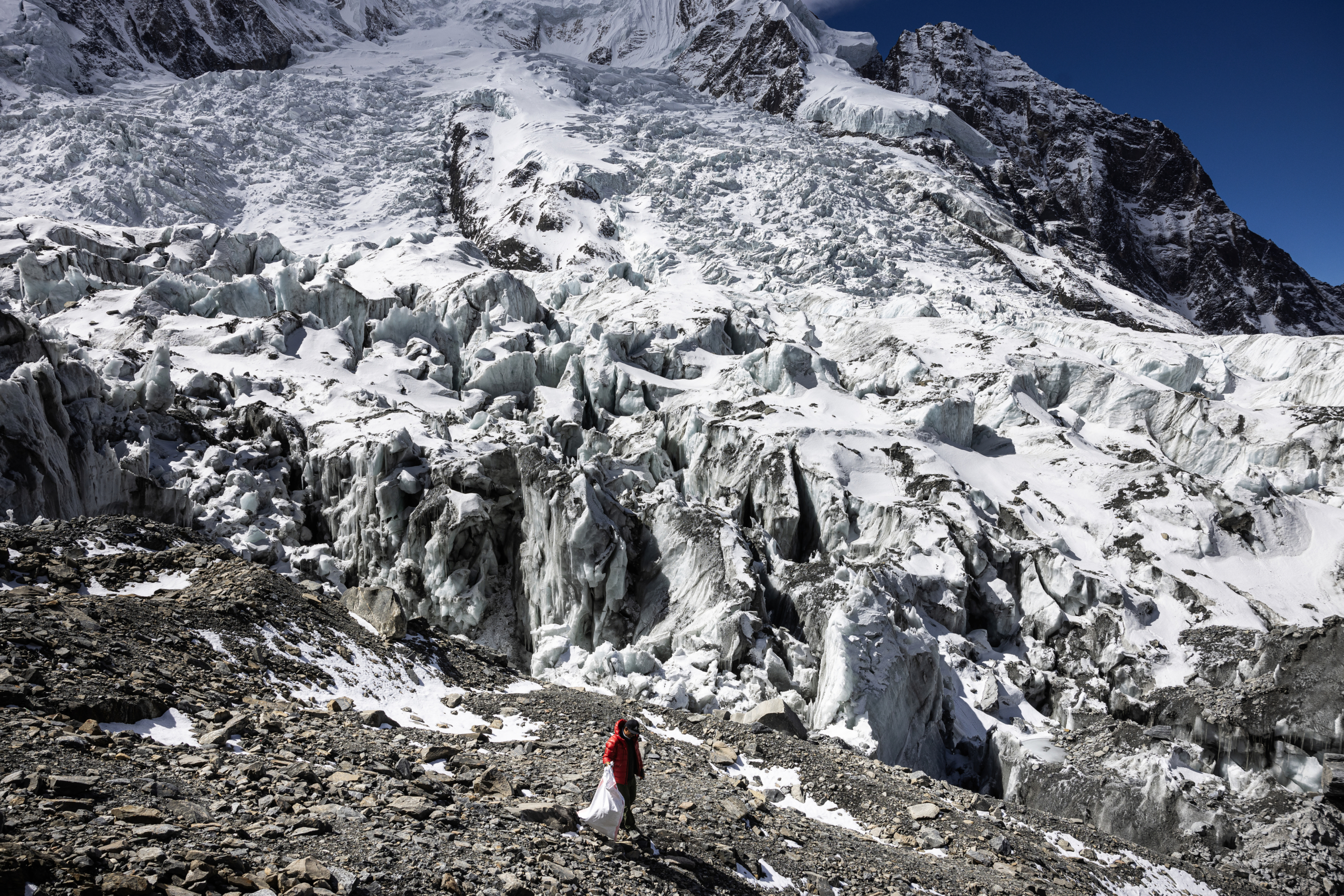
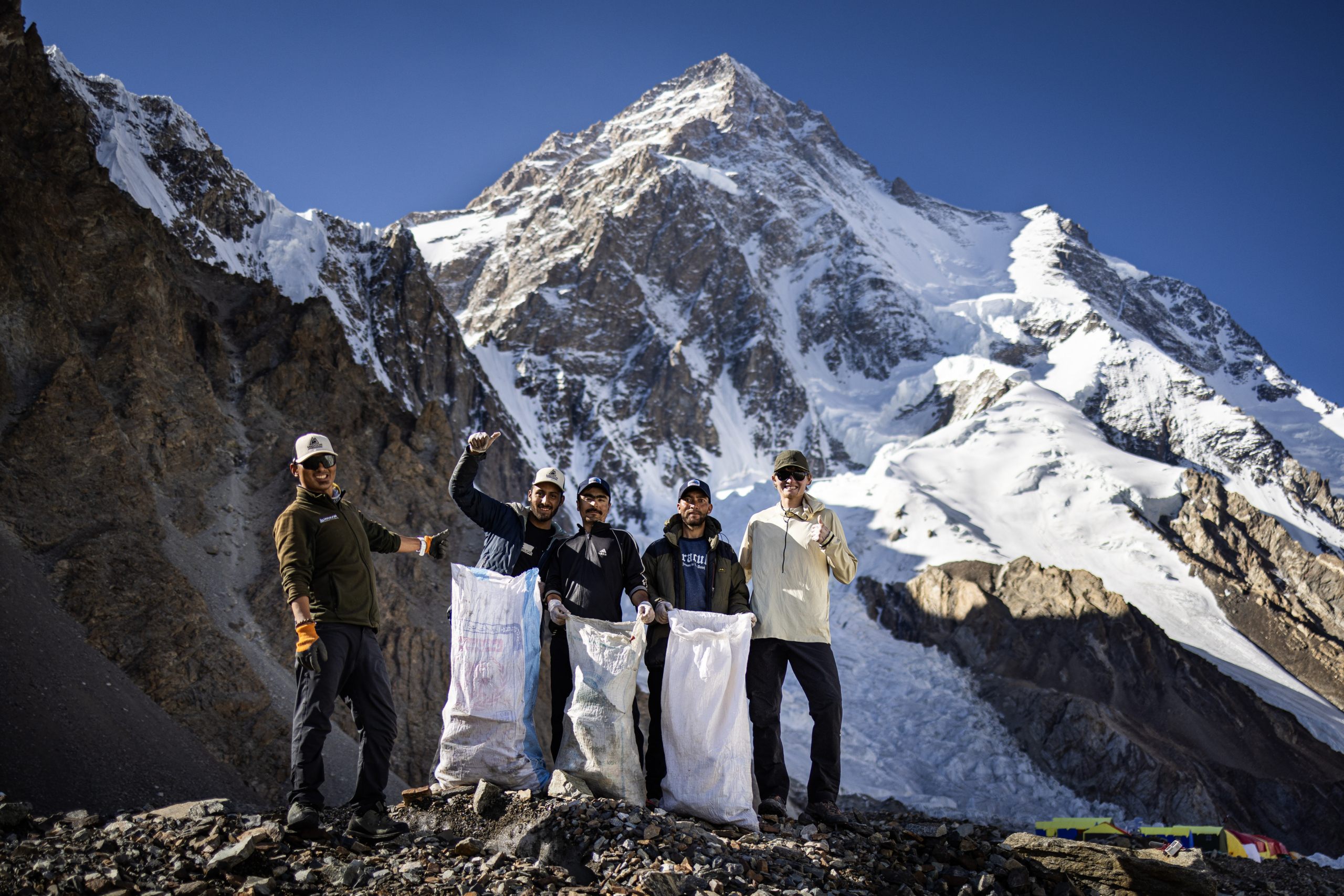
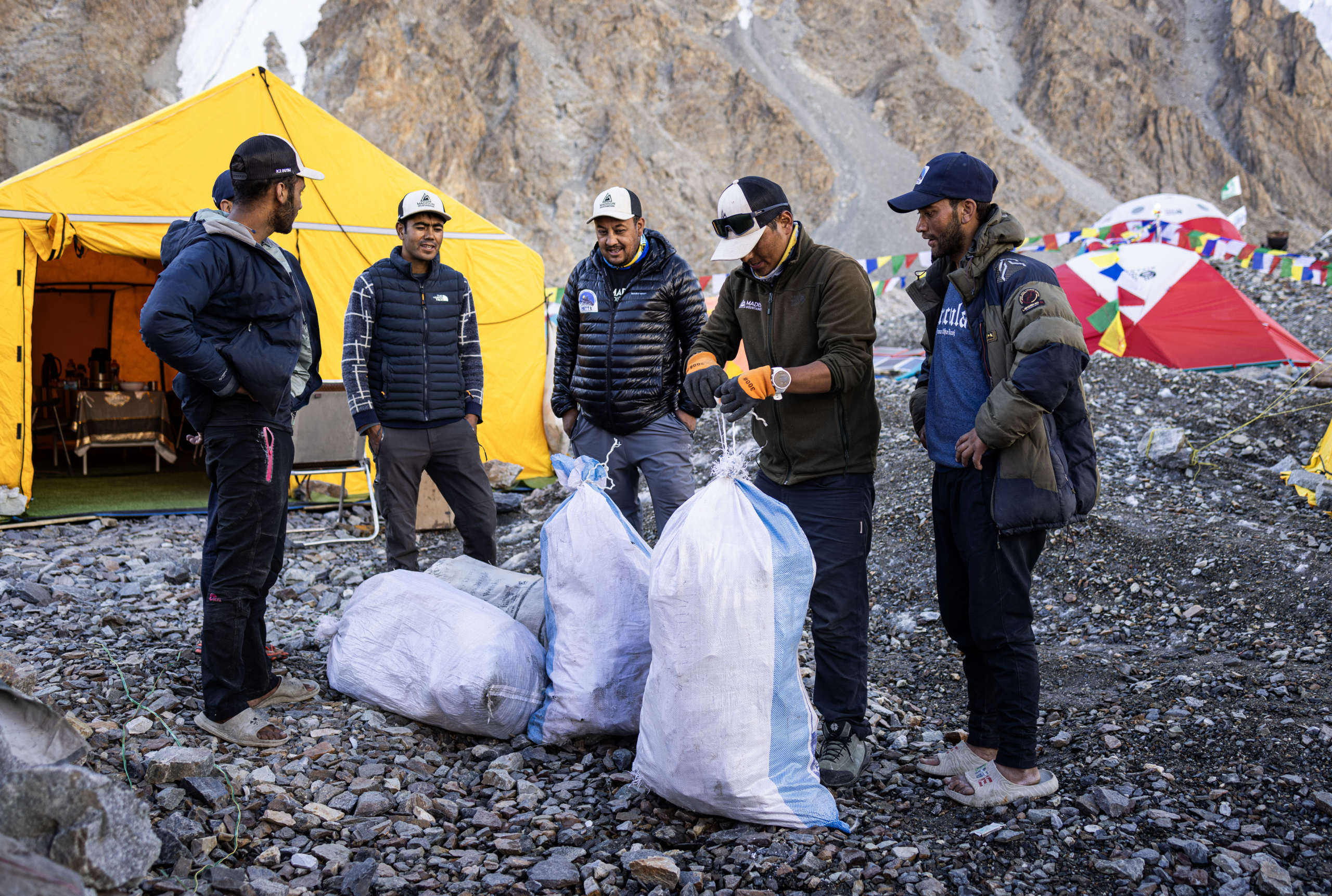
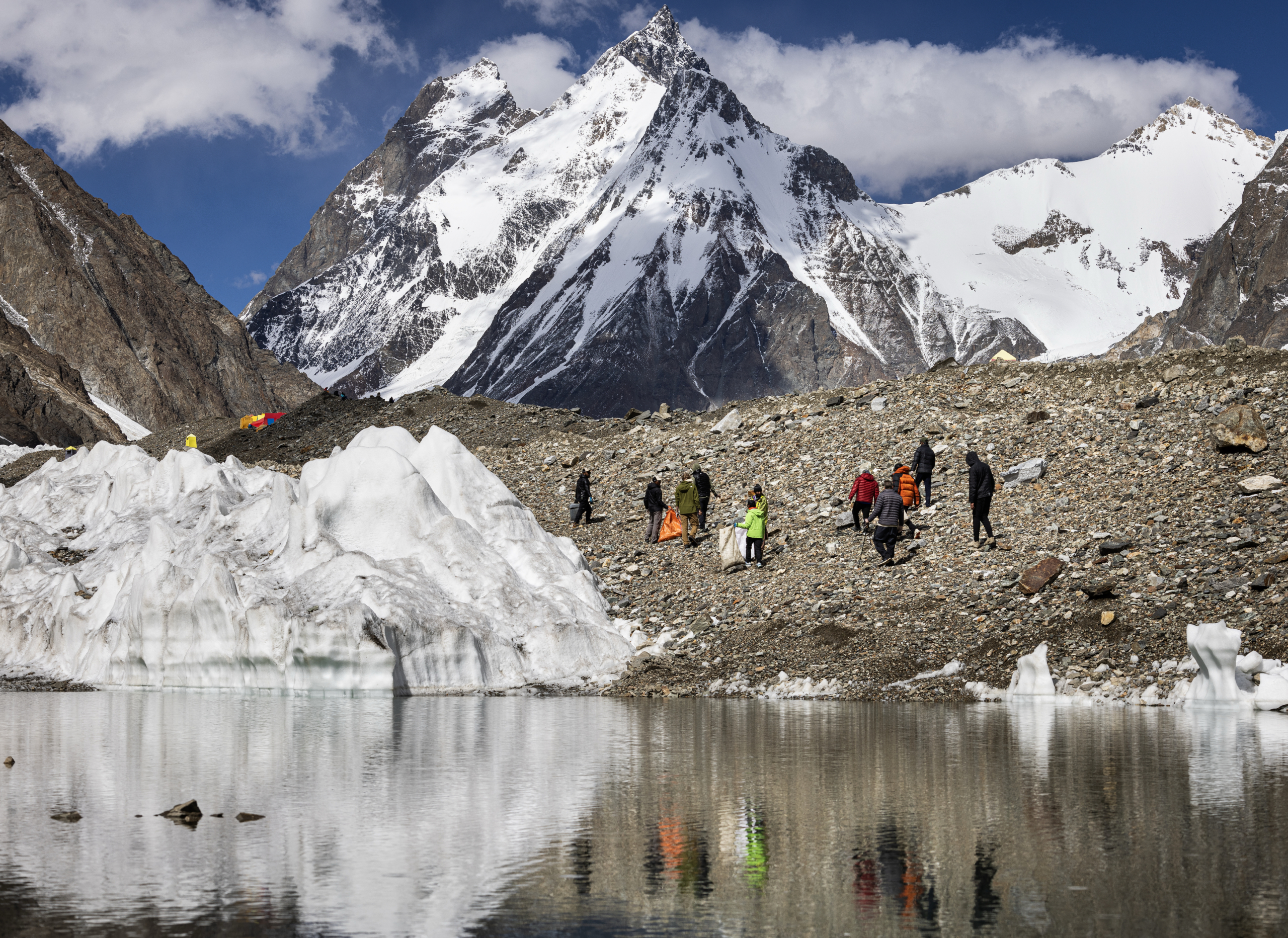
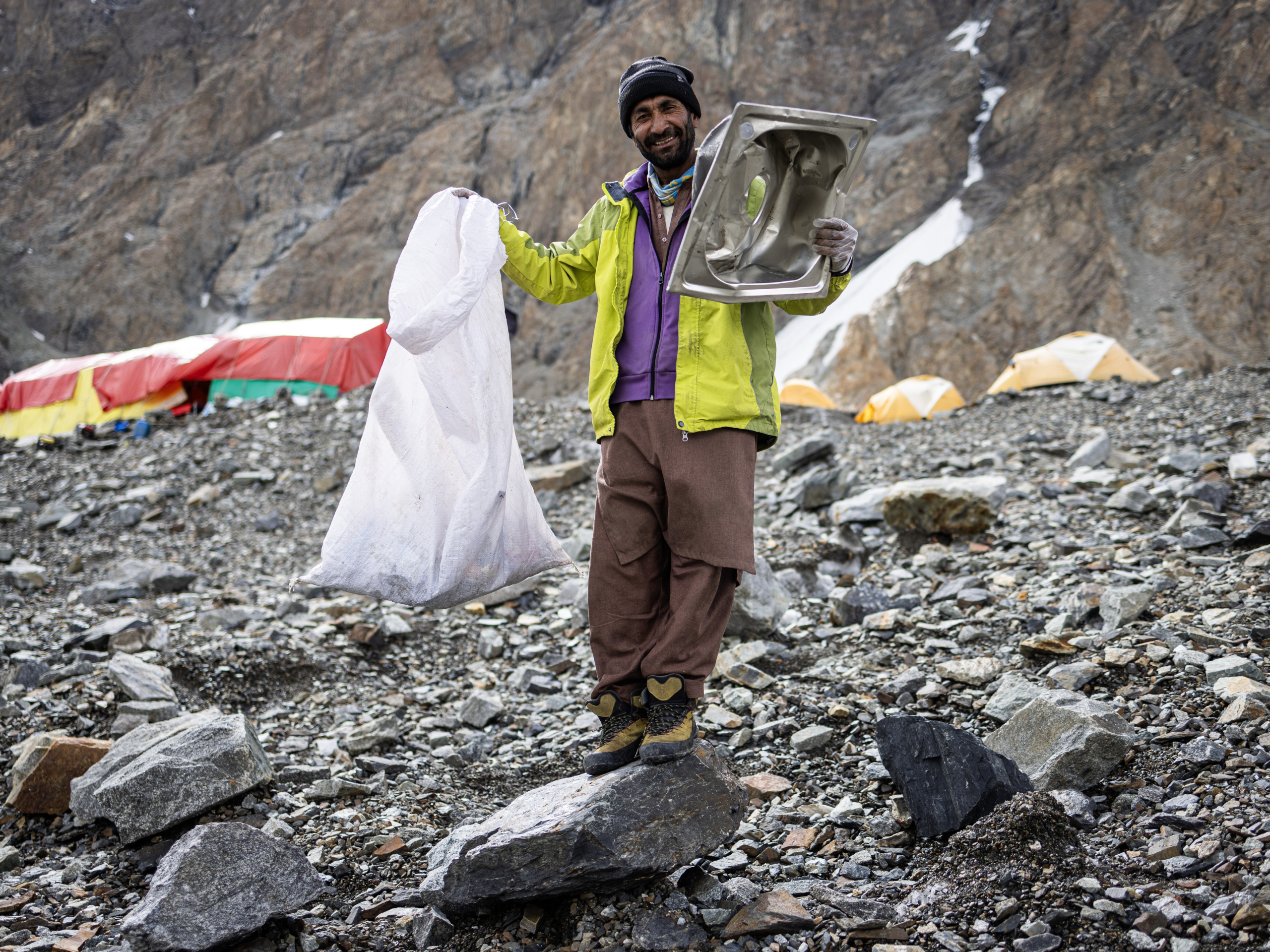
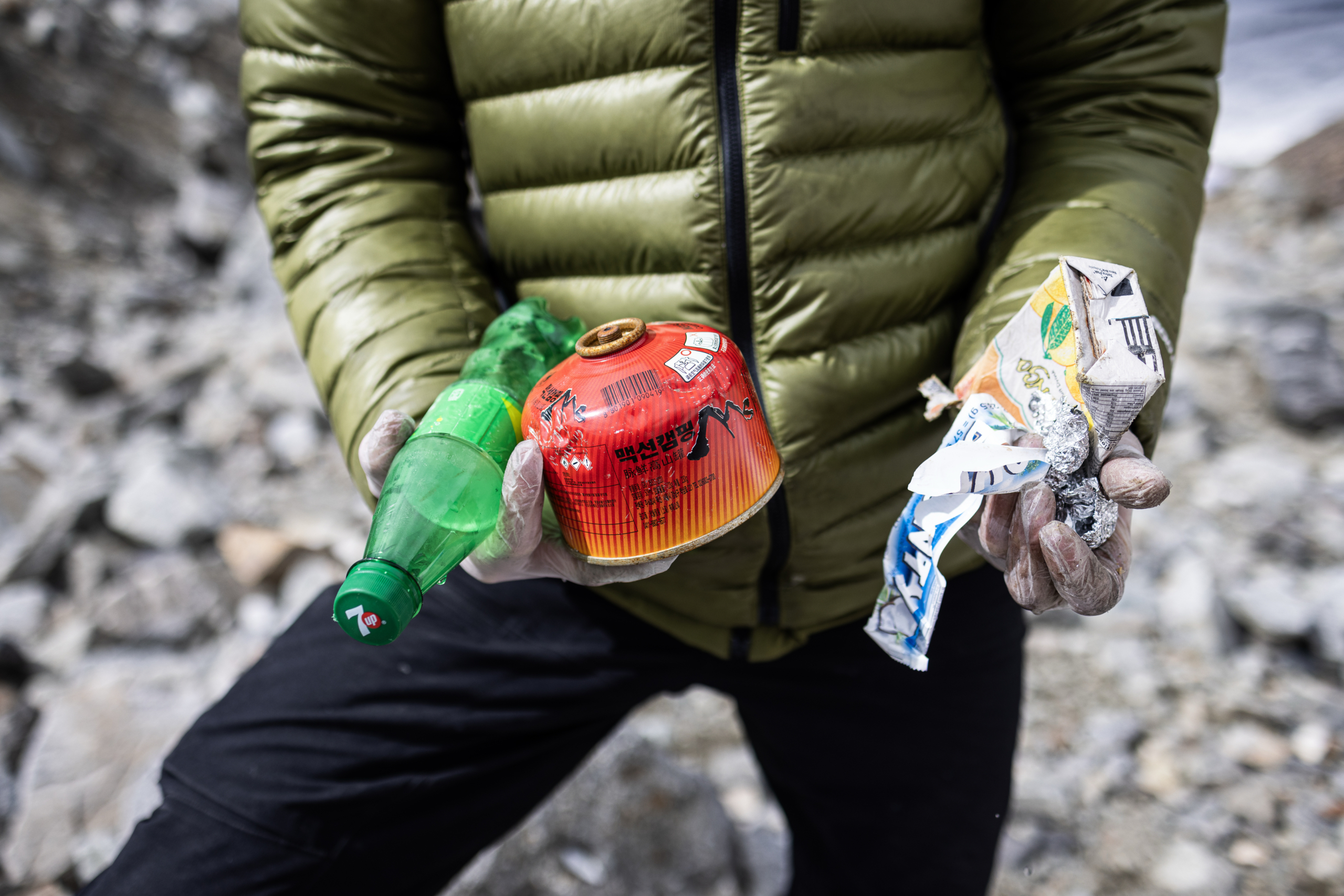
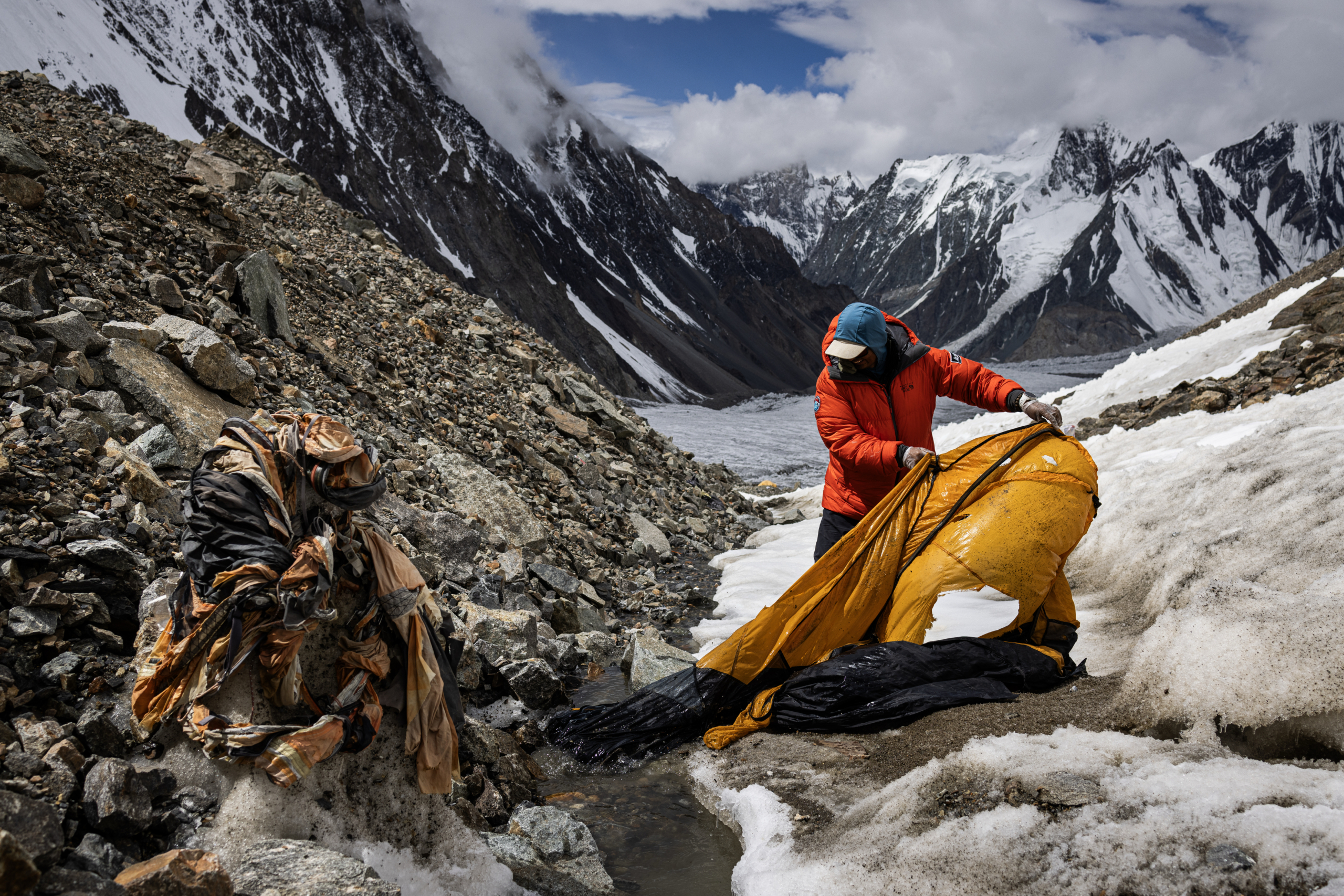
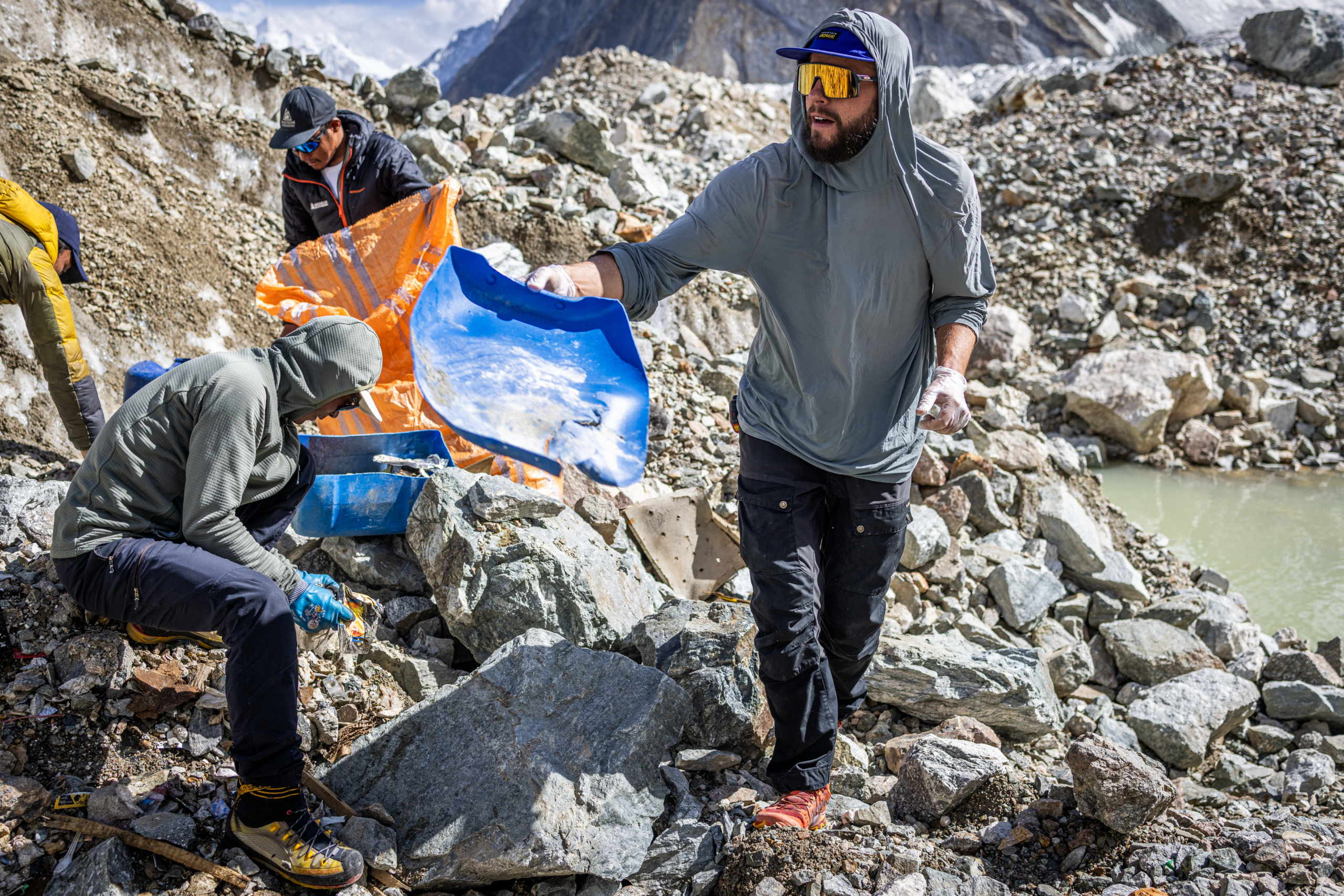
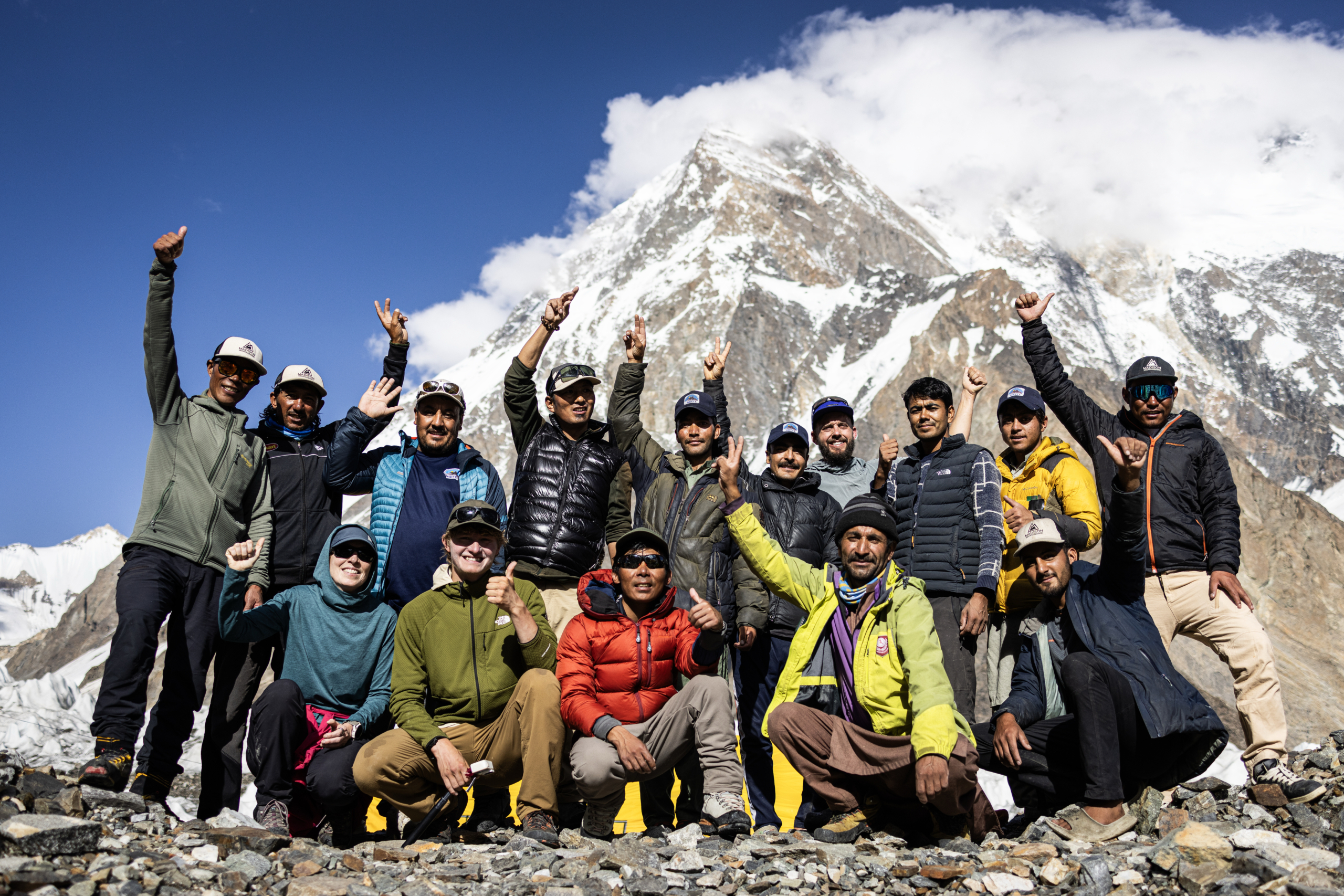
 Donate
Donate